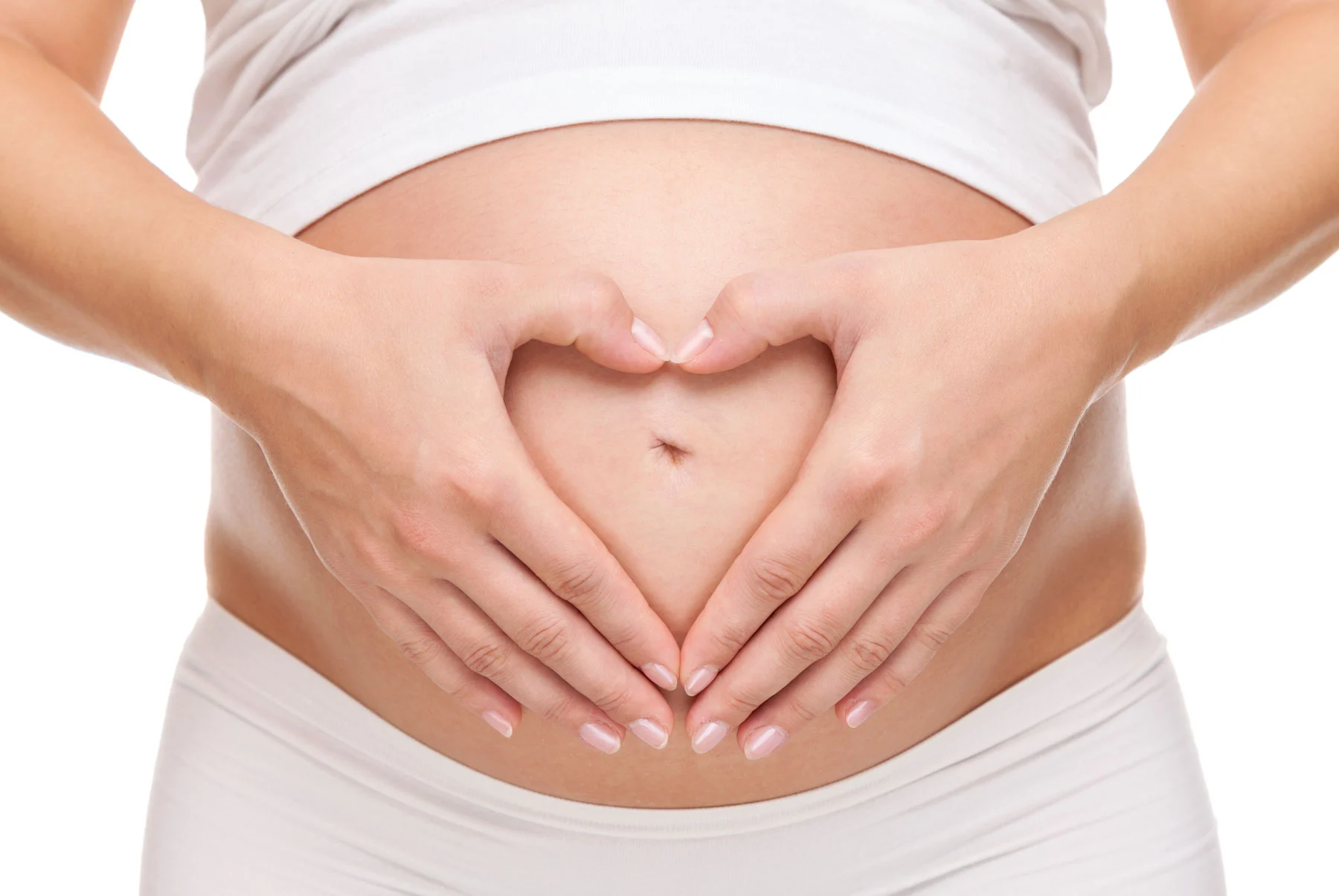
High Complexity Units
Implantation Failure Unit
The Implantation Failure Unit is intended for patients who have not been able to achieve pregnancy after completing an IVF treatment. This high complexity unit works in multiple disciplines to optimise the probability of pregnancy by diagnosing and correcting the factors that may be involved.
Implantation failure is one of the most frustrating issues for both the patients and the doctors. It occurs in situations when, despite everything being favourable during the IVF treatment, the pregnancy does not take place after embryo transfer.
Ginefiv’s Implantation Failure Unit incorporates various supporting sub-units (Genetics Unit, High Resolution Ultrasound Unit, Hysteroscopy Unit, etc.) which, when combined, can provide a rigorous approach to this condition.
After carrying out a personalised and careful diagnostic protocol, we then define the most suitable strategies to optimise the probability of success in a new embryo transfer.
Which specific tests will we offer you?

- Imaging tests: the High Resolution Ultrasound Unit allows us to rule out the possibility of uterine causes being involved: a three-dimensional image reconstruction of the uterus allows us to see possible morphological anomalies of the uterine cavity, as well as the presence of myomas, polyps or synechia. This type of test enables us to diagnose diseases which may not be shown on conventional ultrasounds, including adenomyosis, which affects the muscle of the uterus, and structural anomalies in the tubes, which can have an extremely damaging effect on embryo implantation.
The Hysteroscopy Unit is dedicated to the study of the uterine cavity and the surgical correction of any diagnosed diseases. It focuses on the diagnosis of problems which have been linked to implantation failure, such as: chronic endometritis, anomalies in the implantation window and/or anomalies in the population of microorganisms which inhabit the uterine cavity (microbiome). This diagnosis is called Endometrial Receptivity Testing. - Immunological Testing (Immunology Unit): in very specific cases, immunological factors can determine implantation failure and therefore an immunological evaluation can help to define the most appropriate strategies.
- Genetic testing: the Genetics Unit can rule out anomalies which may affect:
- Both members of the couple: karyotypes, studying microdeletions, etc.
- The embryo: we can currently avoid the presence of chromosomal anomalies in the embryo before its transfer to the uterus. It must be noted that the presence of aneuploidy (an abnormal number of chromosomes) is the most frequent cause of implantation failure. That is why we recommend this testing to older patients (aged over 35) and those who have prior recurrent implantation failure.
- Nutritional testing (Nutrition Unit): there is mounting evidence that lifestyle habits are clearly related to the initial development of a pregnancy.
- Psychological Support: implantation failure is psychologically very difficult for patients and therefore emotional support is essential when looking towards to a new treatment. Our Psychology Unit is specially trained to use structured strategies to deal with this type of case.
- Regenerative medicine: in situations of poor endometrial response during preparation or multiple implantation failures due to unknown causes, there is a possibility of using regenerative medicine.
This procedure, which uses Platelet-Rich Plasma (PRP) is one of those offered by Ginefiv. This technology is habitually used in various fields of medicine as it is one of the pillars of regenerative medicine.
PRP is obtained from a simple analysis of the patient’s own blood which, once it has been processed, is then instilled inside the uterine cavity via a process that does not require anaesthesia or admission into hospital.
Even though it is a recently developed technique with limited evidence, studies suggest that PRP could work on the surface of the uterine cavity, improving embryo implantation





